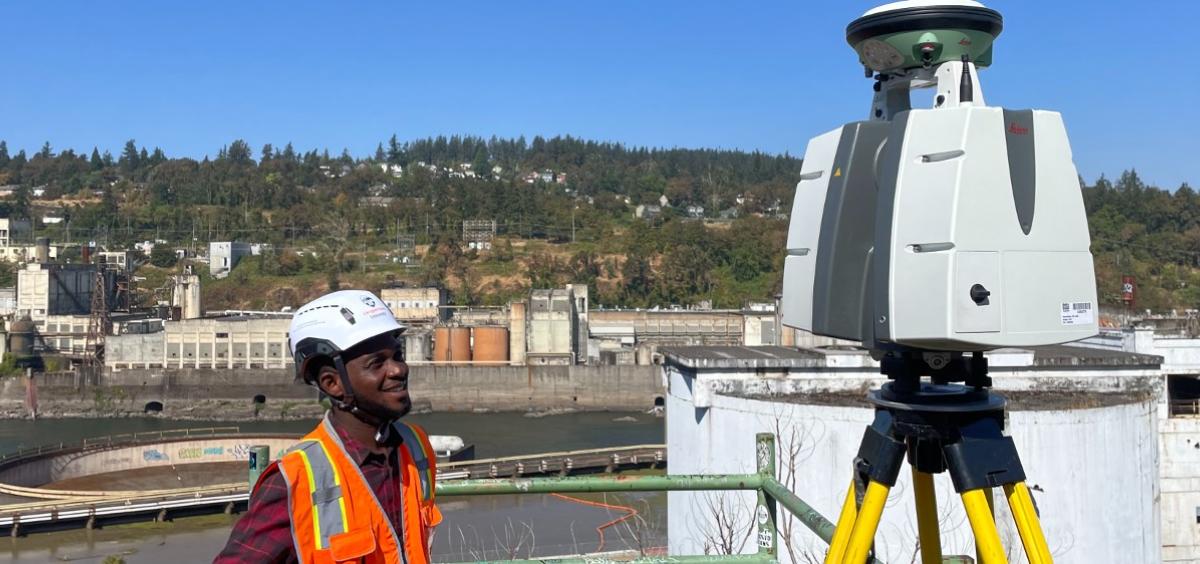
CORVALLIS, Ore. – Oregon State University is one of four institutions selected to advance a federal effort to modernize the National Spatial Reference System, which underpins surveying, mapping, autonomous vehicle navigation, precision agriculture and the rest of the United States’ geospatial economy.
OSU will receive $6.5 million over five years from the National Oceanic and Atmospheric Administration for research to be conducted by the new Geospatial Center for the Arctic and Pacific, or GCAP. The funding is through NOAA’s National Geodetic Survey and is part of nearly $20 million awarded overall.
The other funding recipients are Michigan State University, Scripps Institution of Oceanography and Ohio State University.
“Society and our technologies are increasingly connected and spatially aware,” said GCAP director Chris Parrish of the OSU College of Engineering. “Groundbreaking advances are occurring in areas like self-driving vehicles, smart cities and geospatial artificial intelligence. What all of those have in common is the need for accurate, consistent spatial coordinates that define locations on, above or below the Earth’s surface.”
The foundation of those technologies, and the entire U.S. geospatial economy, is the National Spatial Reference System. The system is the basis for how spatial coordinates throughout the nation are determined, but its last major update was four decades ago and modernization is critically needed to meet 21st century accuracy demands, Parrish said.
“GCAP will contribute impactful geodetic research, infrastructure, education and workforce development to support a new, diverse generation of geodesists, surveyors and geospatial professionals,” said Parrish, the Plasker Faculty Scholar in Geomatics.
Parrish notes that GCAP includes representation from the Columbia River Inter-Tribal Fish Commission, the Yurok Tribe and the University of Alaska Anchorage, and that GCAP research will improve resilience to coastal and seismic hazards through enhanced monitoring capabilities.
About the OSU College of Engineering: The college is a global leader in artificial intelligence, robotics, advanced manufacturing, clean water and energy, materials science, computing, resilient infrastructure and health-related engineering. Among the nation’s largest and most productive engineering programs, the college awards more bachelor’s degrees in computer science than any other institution in the United States. The college ranks second nationally among land grant universities, and fifth among the nation’s 94 public R1 universities, for percentage of tenured or tenure-track engineering faculty who are women.
Steve Lundeberg, 541-737-4039
[email protected]
Chris Parrish, 541-737-5588
[email protected]
Click photos to see a full-size version. Right click and save image to download.